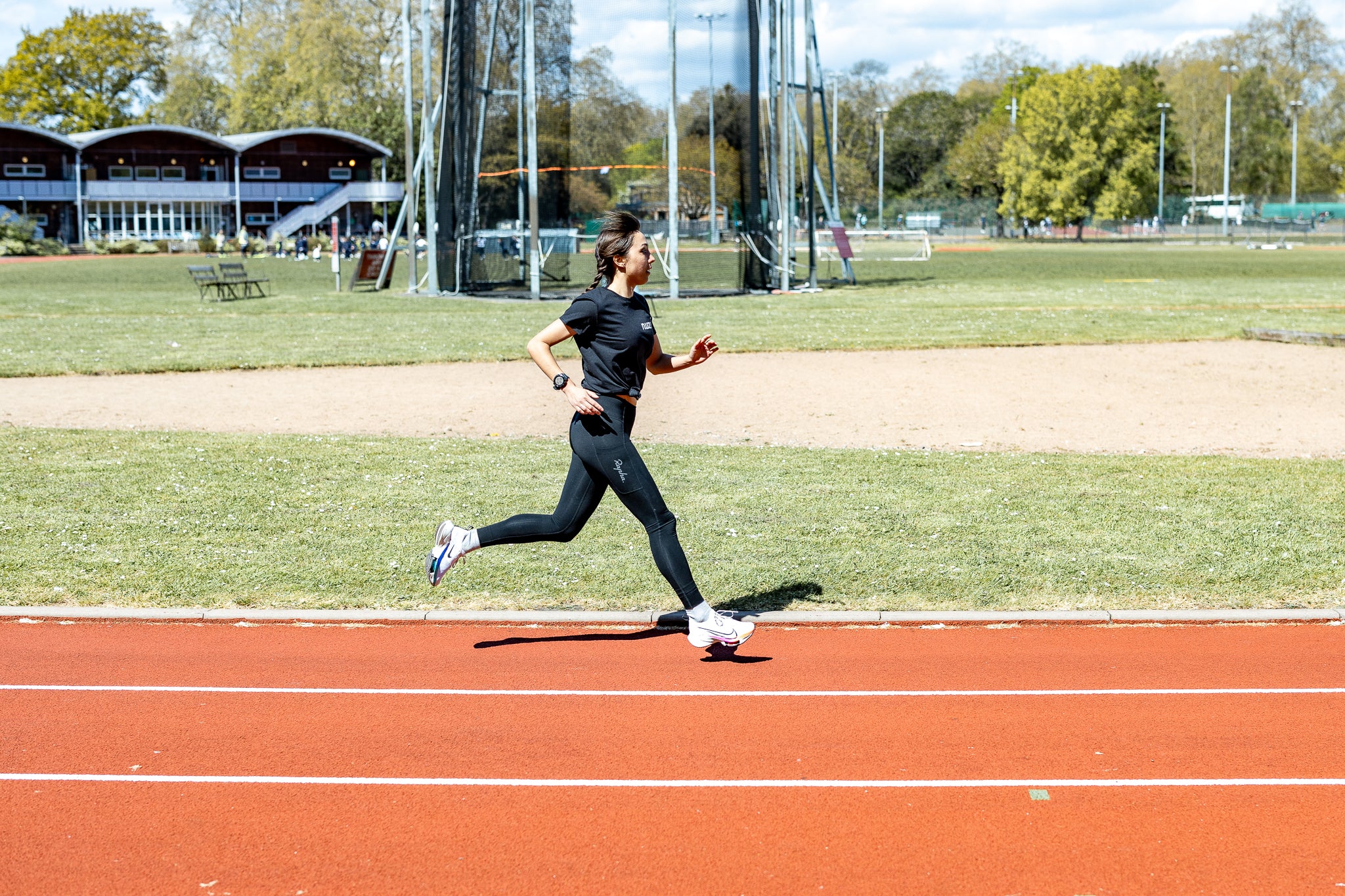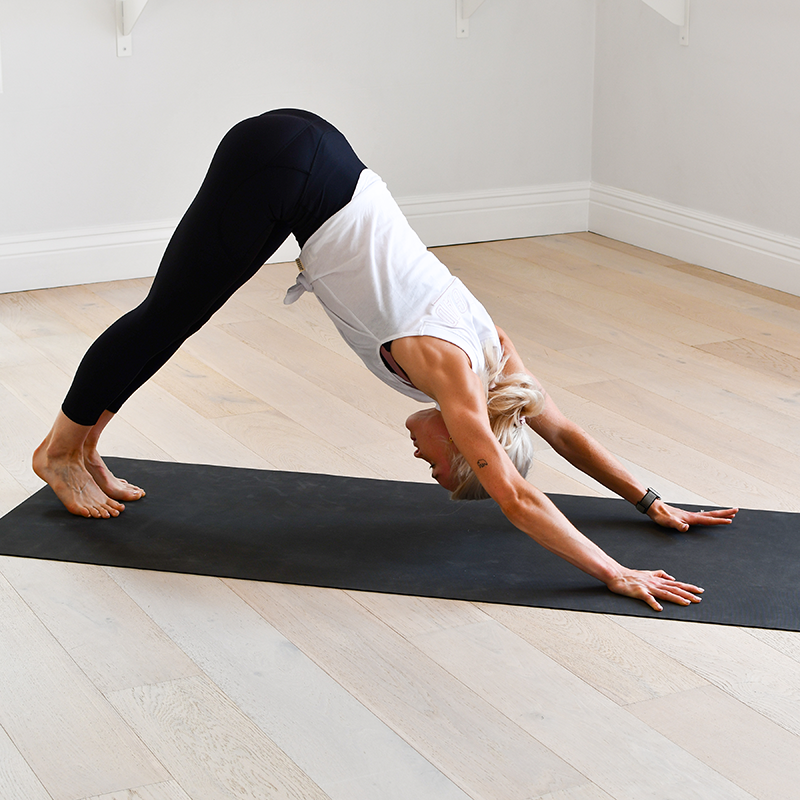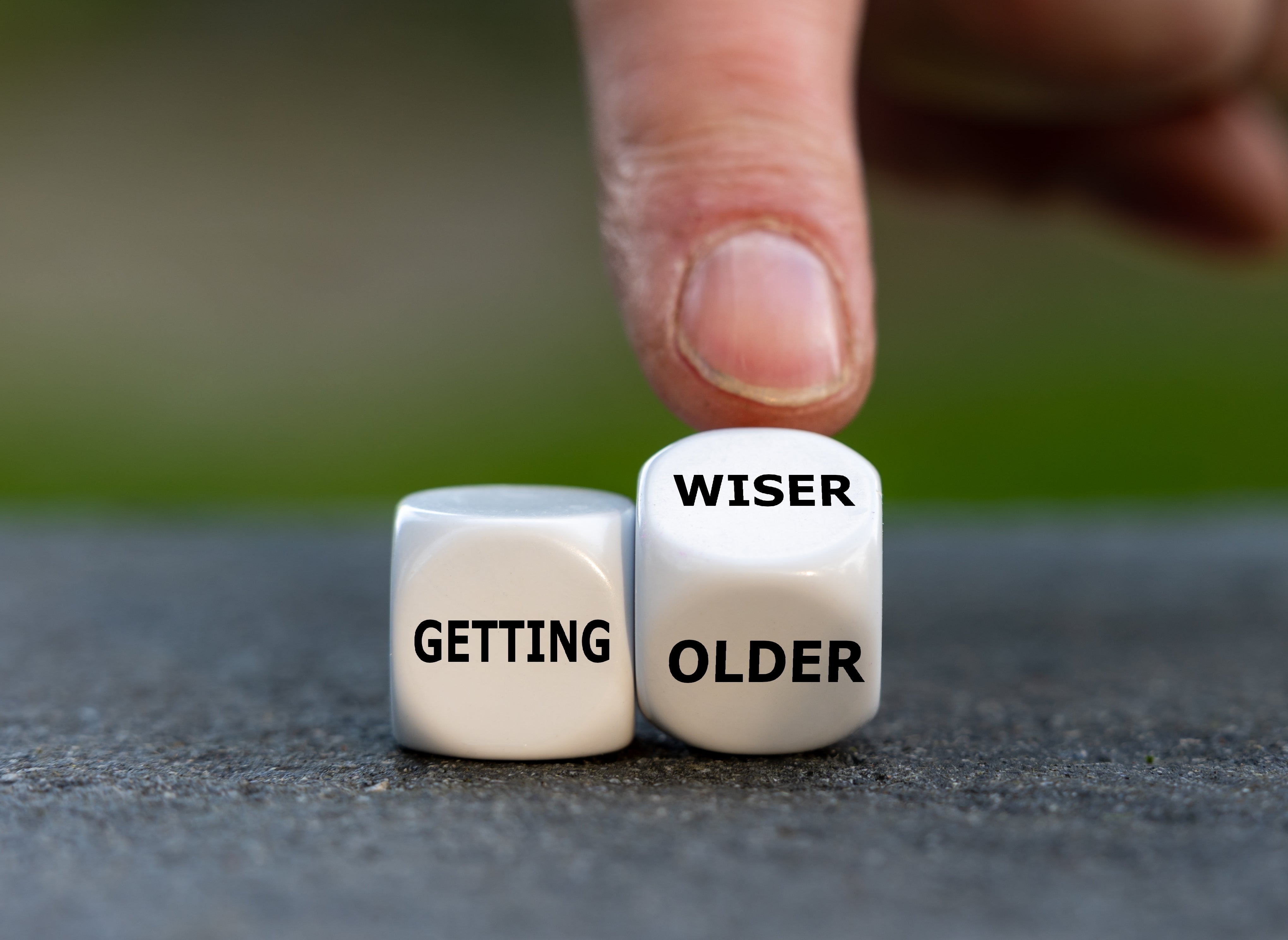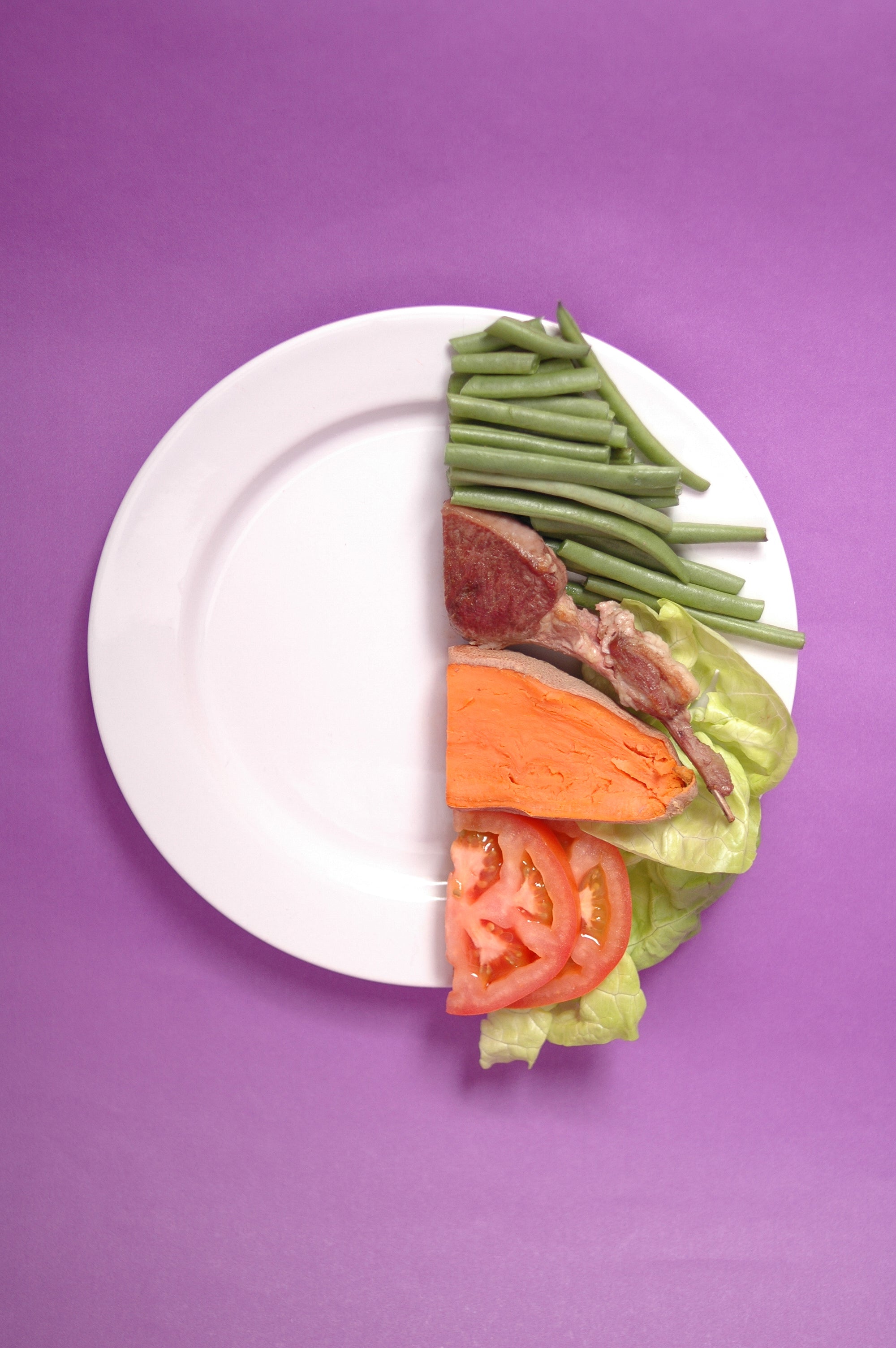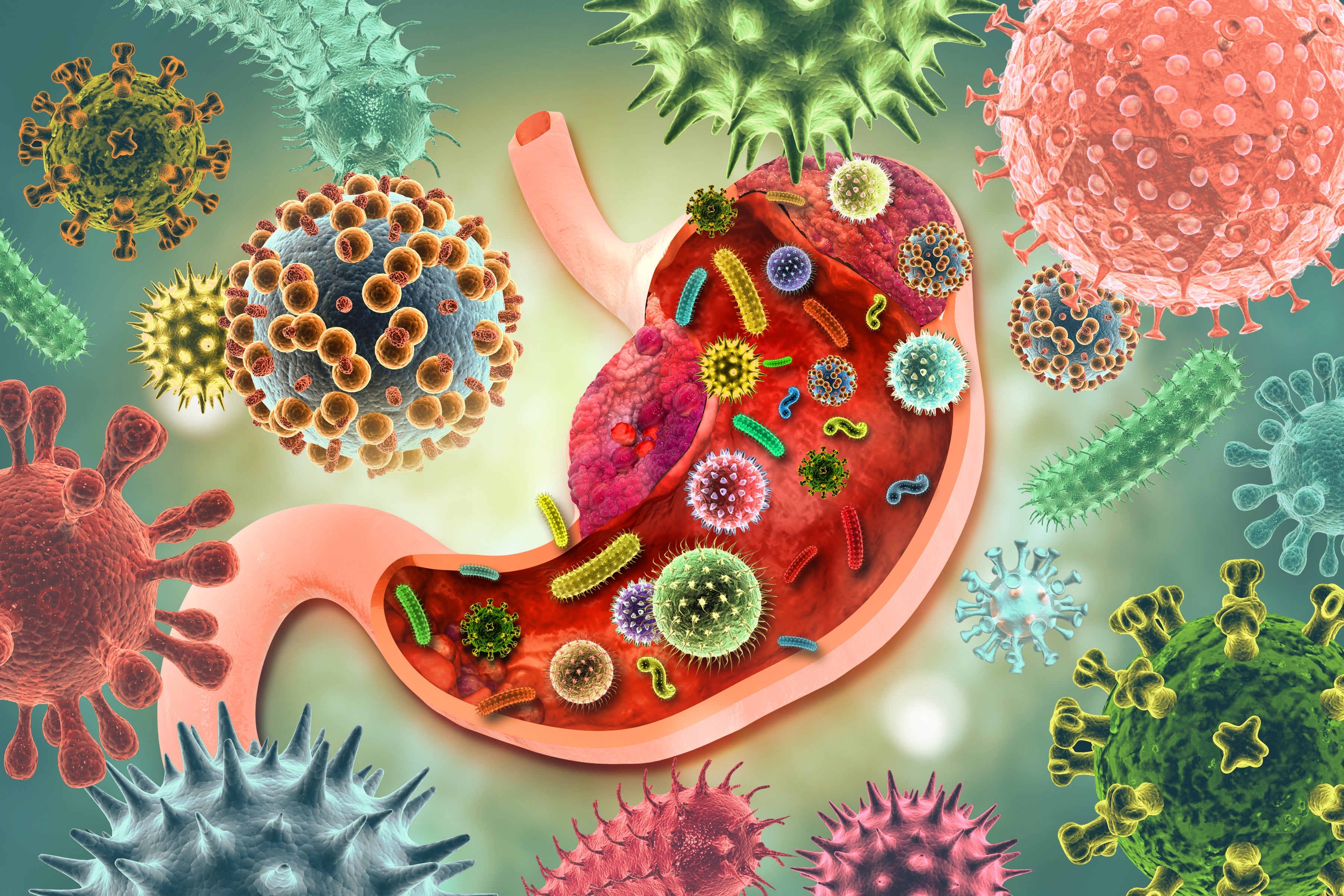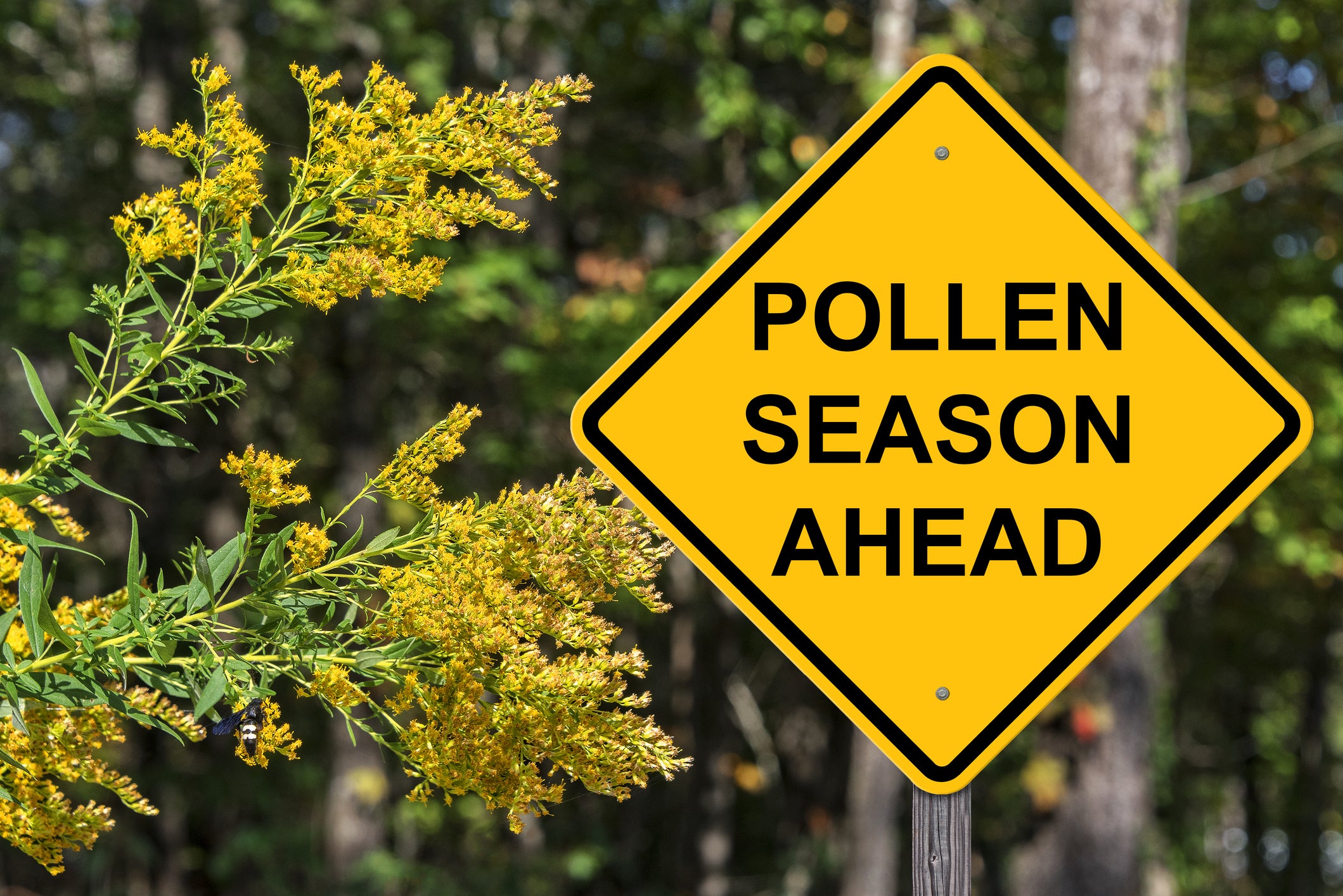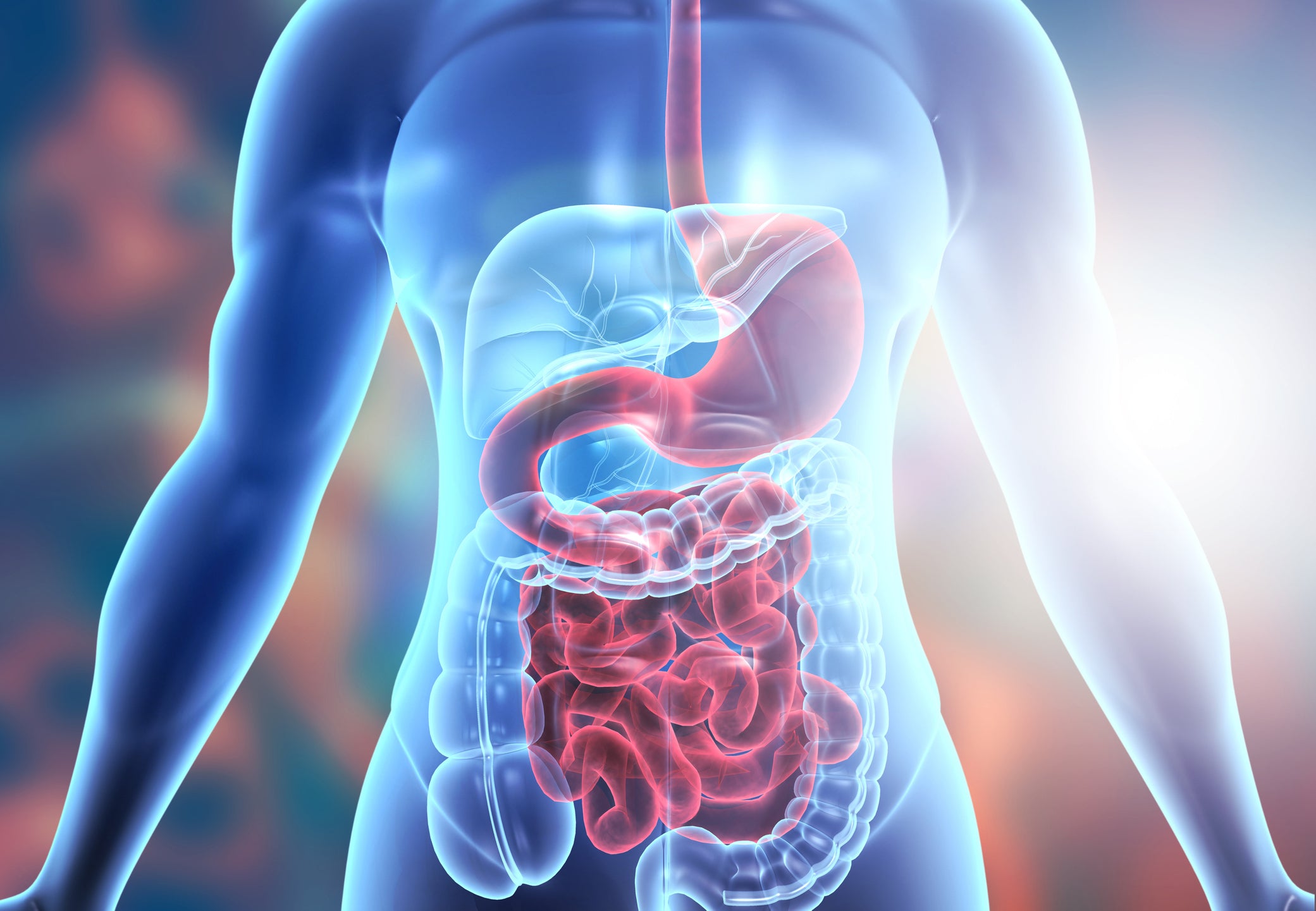Australians are feeling more stressed than ever! With lack of sleep, trying to juggle too many things and work pressure being the biggest causes of stress - over 5 million of us are suffering from it every day.
Being in a state of stress means that our bodies are siting in what we call the sympathetic nervous system – also known as “fight or flight”. It’s in this state that our adrenal glands pump out cortisol and adrenaline into our blood which increased our heart rates, diverts blood away from our organs and towards our limbs so that we can run from the threat and dilate our pupils so we become hyper aware of where the threat it coming from. Quite a drastic response to being in a traffic jam, running late top pick up your kids or preparing for a work meeting don’t you think?! Unfortunately, our bodies’ can’t tell the difference between a “real” or “perceived” threat so the reaction is exactly the same.
Alternatively, we can sit in the parasympathetic nervous system which is more commonly known as “rest and digest”. In this state our muscles relax, our blood gets directed towards our central organs to help us digest our food and our breathing slows. Allowing us to digest our food and create important hormones and neurotransmitters to keep us calm. Much better! So here are a few easy tips and tricks to keep you in the parasympathetic state as much as possible:
1. Exercise
When we’re stressed and tired exercise can be one of the last things we feel like doing but it is one of the most important things you can do to combat stress. It helps to lower your stress hormones, improve your sleep and boost your confidence which in turn promotes mental wellbeing. The type of exercise you do is very important – try not to put your body under too much high intensity exercise stress. In moderate amounts if can help to relieve stress but too much can just add to the problem.
2. Reduce your caffeine intake
High quantities of caffeine can increase stress and anxiety. However, people’s sensitivity to caffeine can vary greatly. If you notice that caffeine makes you jittery or nervous then consider cutting back.
Caffeine comes in all shapes and sizes, not just in your cappuccinos. Watch out for excess black coffee, chocolate and energy drinks too!
3. Consider supplementation
Stress immediately strips our bodies of essential nutrients such as magnesium, B vitamins, zinc and vitamin C so helping your body to replenish these can do so much in the effort to make you feel calmer and more energised.
Herbs can also be a wonderful way to support the nervous system thanks to nervine and adaptogens such as Withania, Licorice, Ginseng, Gotu Kola and Rhodiola.
An all-in-one multi-nutrient blend such as Good Green Stuff is the perfect way to get all nutrients and herbs you need in one easy daily serve to support your nervous system.
4. Take some deep breaths
Deep breathing is one of the fastest and easiest ways to activate your parasympathetic nervous system.
The goal here is to focus your awareness on your breath, making it slower and deeper. When you extend your inhalation by breathing in deeply through your nose your lungs fully expand and your belly rises helping to slow your heart rate.
5. Take a nap
Studies have show that a 20-30 minute nap can help to reduce cortisol levels. But make sure you don’t sleep for any longer than 30 minutes – or else you’ll probably feel worse than when you drifted off!
6. Ensure you’re getting enough protein in your diet
Protein is made up of amino acids which are the building blocks of every cell in the human body, including our neurotransmitters. Without having the fuel to make calming neurotransmitters such as serotonin, dopamine and GABA we don’t have any hope of reducing our feelings of stress and therefore ensuring we are getting a full suite of amino acids from our diet is very important.
Supplementing with a high quality, well absorbed protein powder such as Clean Lean Protein can be such an easy and efficient way of ensuring you are getting enough.







